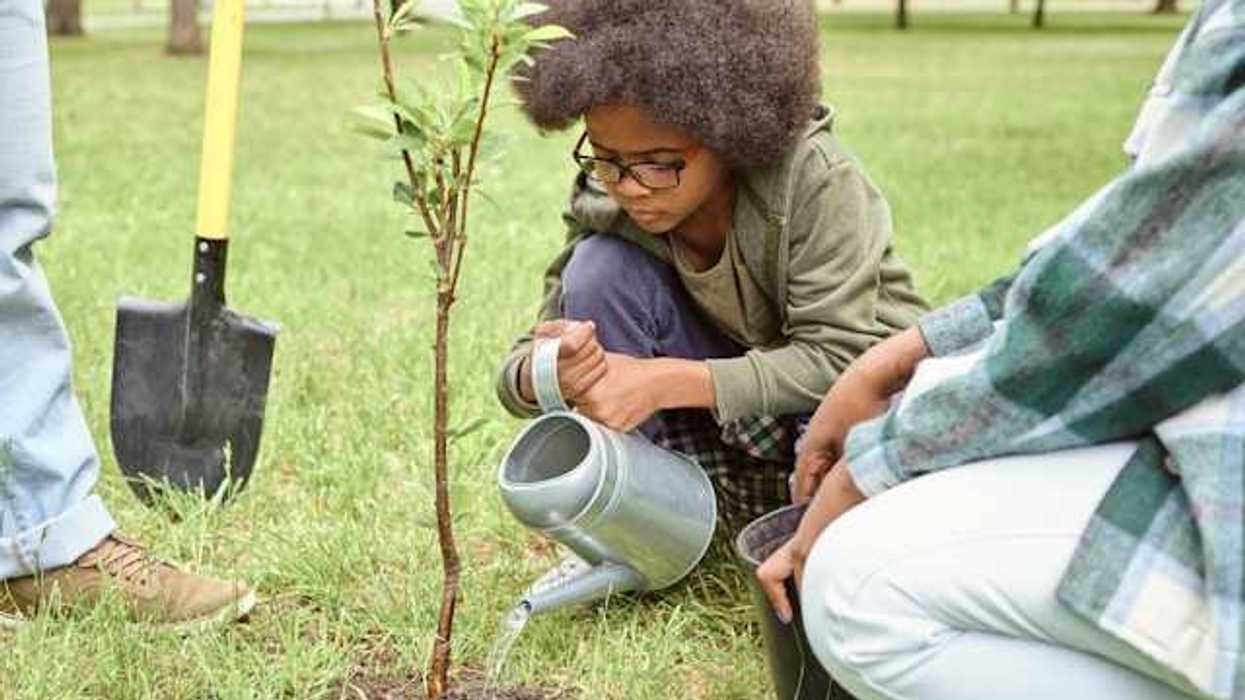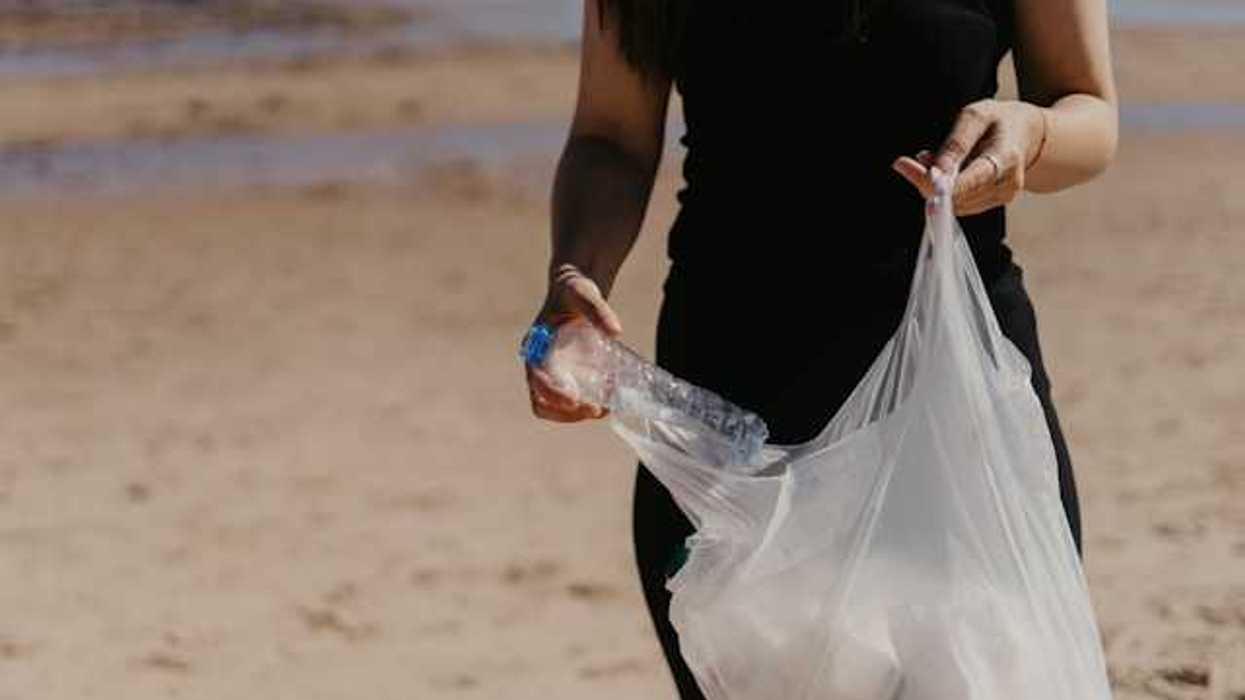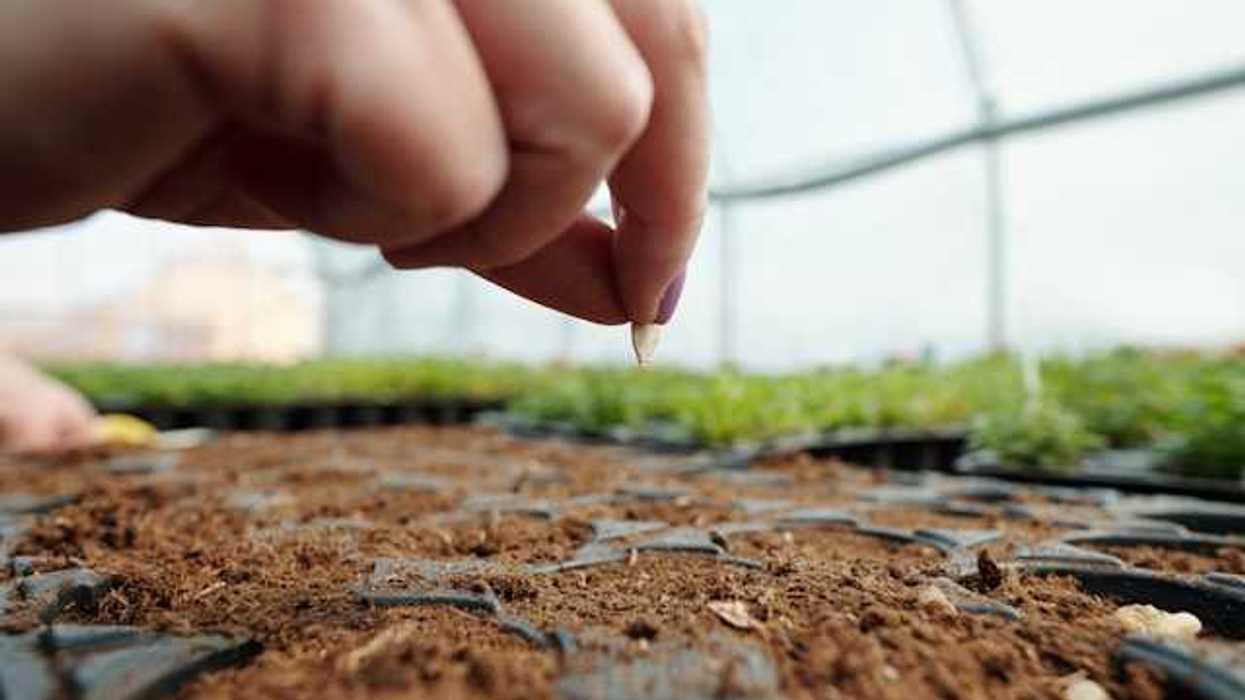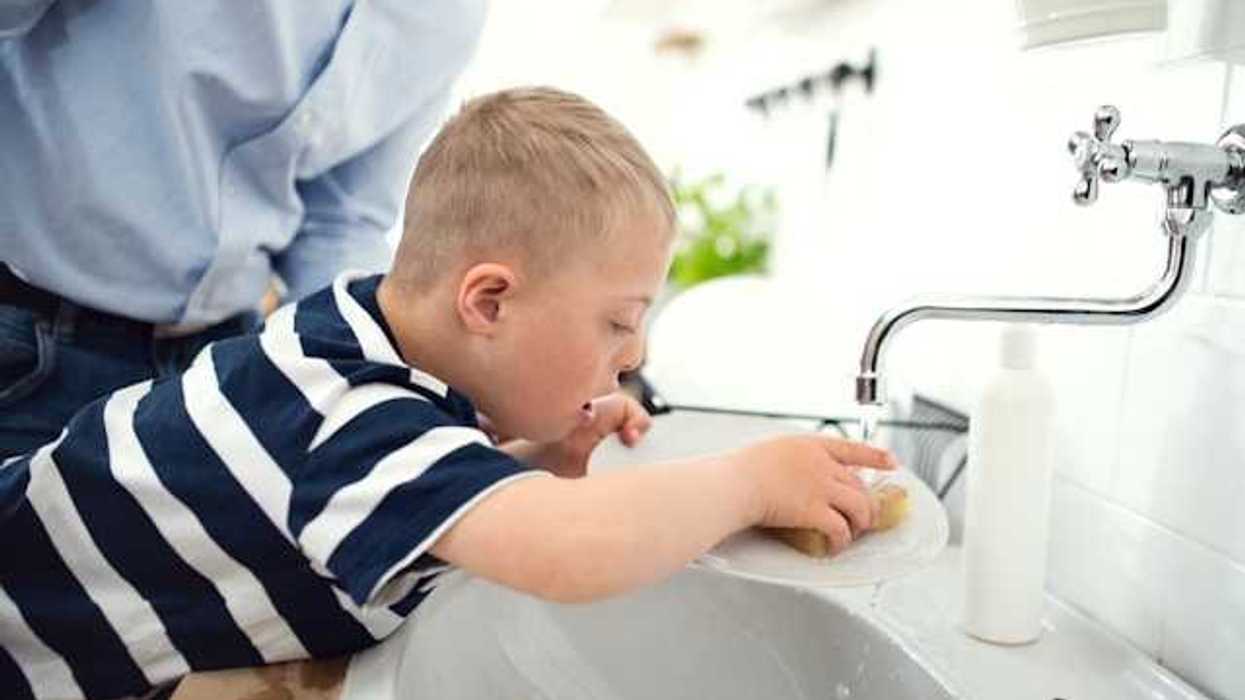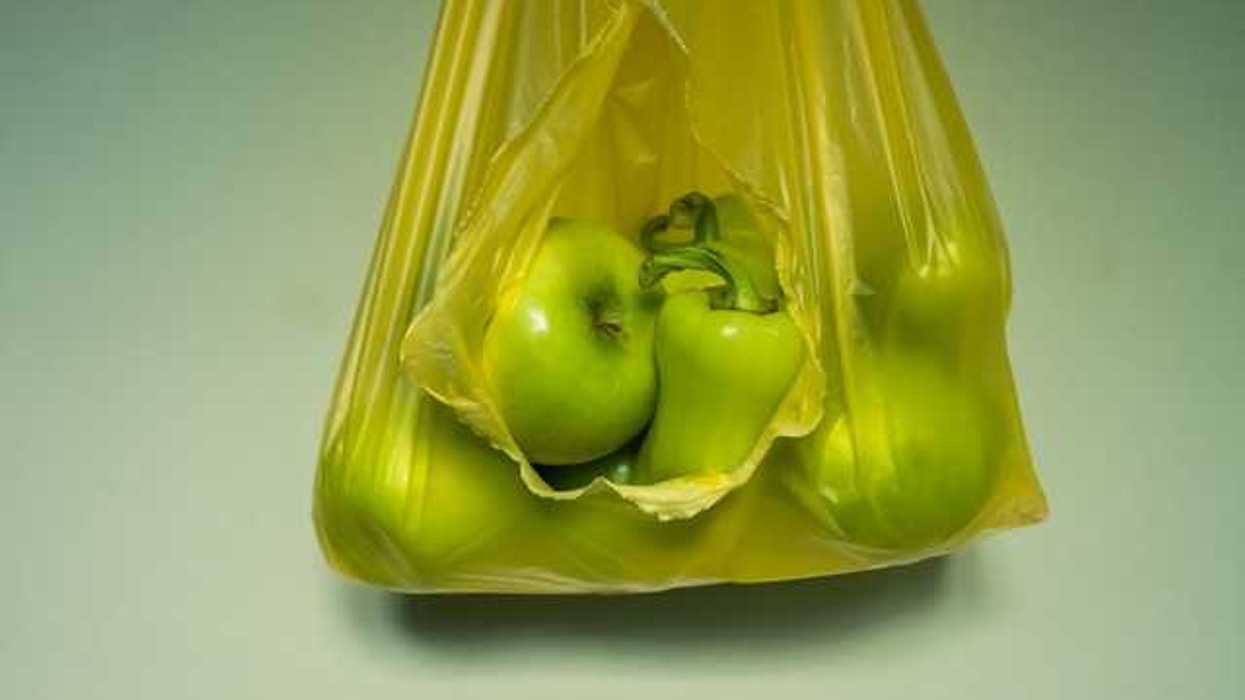EHN' founder and chief scientist Pete Myers has been working on endocrine disruption issues for more than two decades.
Myers is featured on a new episode of the Science History Podcast talking about how the field of endocrine disruption came to be and why he's devoted so much time and effort to science communication.
On the early days:
"It wasn't until Theo Colborn began working in the Great Lakes in the mid-1980s where she began her work looking for cancer being caused by the massive use of chemicals. And what she found over time was that there were cancers but there weren't many. The big deal were developmental deformities that were clearly tied to malfunctions in hormonal control of development"
"And she had an 'Aha' moment—it's not cancer; it's this messing with hormones that is causing a lot of the wildlife health problems in that area."
On public policy:
"The process for getting advanced science into regulatory use is frighteningly slow and we can't afford that given the pace at which some of these endocrine related epidemics are surging forward."
On science communication:
"I was working with Theo [Colborn] learning the health consequences of all this stuff. And we did additional focus groups and opinion polls and realized we can get people to vote about their kids' health."
Listen to the interview above; or visit the Science History Podcast website.
- UPDATED: Pete Myers on improving vampire food, at TEDx C'ville ... ›
- A new hub for the science of hormone disruptors - EHN ›





